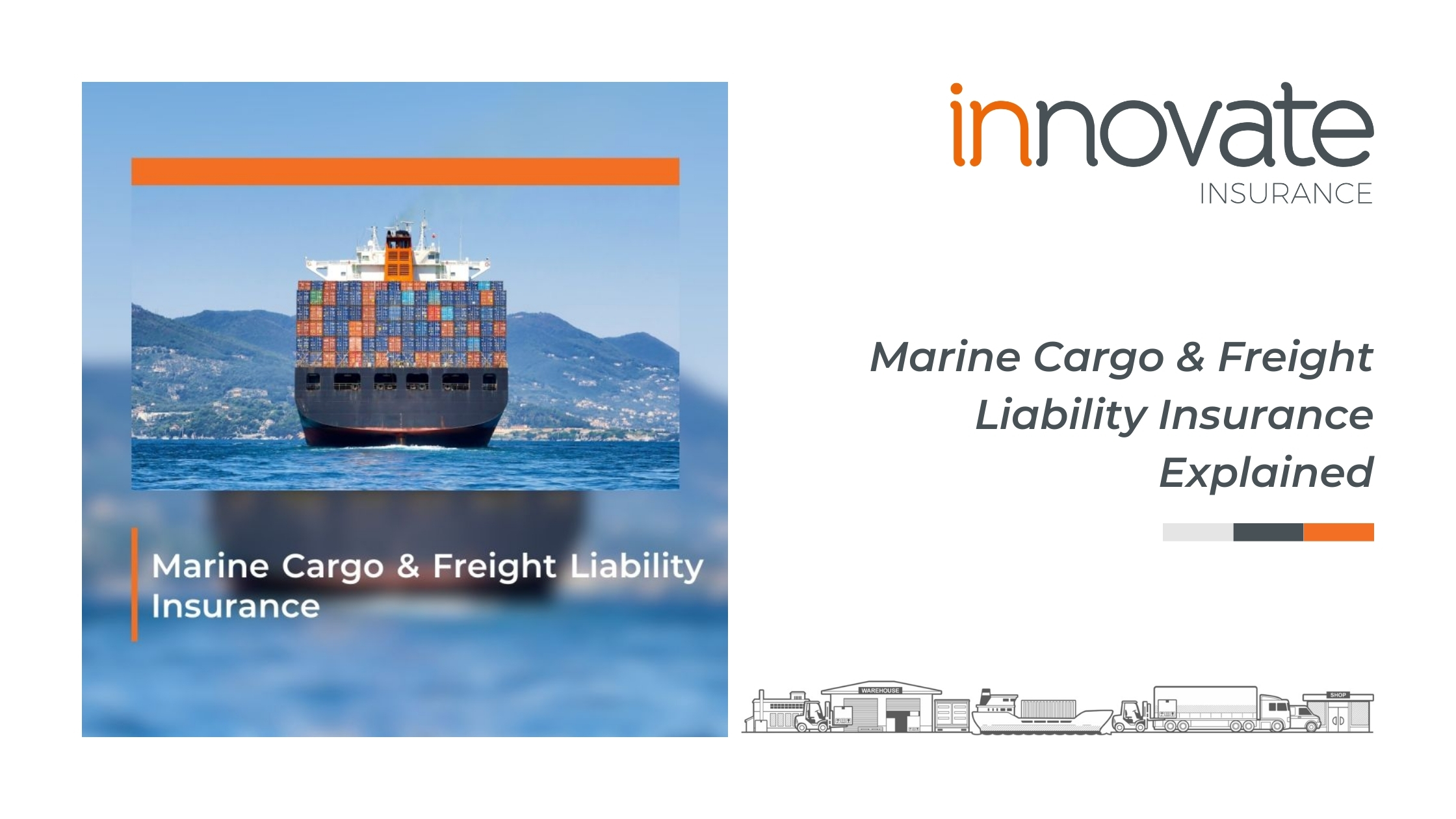When it comes to safeguarding goods in transit, Marine Cargo Insurance and Freight Liability Insurance are two essential types of coverage that serve distinct purposes. For businesses in the logistics and transportation sectors, understanding these differences is critical for ensuring adequate protection of their assets and managing potential risks. This post will delve into the nuances of both insurance types, particularly focusing on insurable interest, general average, and the practicalities of claims and subrogation.
What is Marine Cargo Insurance?
Marine Cargo Insurance is designed to cover the goods themselves while they are in transit, whether by sea, air, or land. The policyholder in this case is usually the owner of the goods or anyone with an insurable interest in them, such as the buyer or seller, depending on the terms of sale.
Insurable Interest and Marine Cargo Insurance
Insurable interest is a key concept in Marine Cargo Insurance. It refers to the policyholder’s stake in the goods being insured. Simply put, the policyholder must stand to suffer a financial loss if the cargo is damaged or lost. This could be a shipper, consignee, or even a financial institution with a lien on the goods.
General Average and Its Implications
Another critical aspect of Marine Cargo Insurance is the principle of General Average. In maritime law, General Average refers to the shared financial responsibility among cargo owners for any loss or damage voluntarily incurred for the safety of the vessel or the remaining cargo. For example, if cargo is jettisoned to lighten a ship during a storm, all cargo owners may be required to contribute to the loss. Marine Cargo Insurance typically covers the insured’s share of General Average, ensuring that the policyholder is not left out of pocket.
What is Freight Liability Insurance?
Freight Liability Insurance, on the other hand, covers the liability of the freight forwarder, carrier, or logistics company for loss or damage to goods in transit. This insurance does not cover the goods themselves but instead protects the carrier against claims made by the cargo owners for loss or damage.
The Limitations of Freight Liability Insurance
One critical point to note is that Freight Liability Insurance does not offer “All Risks” cover. Unlike Marine Cargo Insurance, which can cover a broad range of risks, Freight Liability Insurance is typically limited to specific liabilities as outlined in the contract of carriage, international conventions, or local regulations. The coverage is often subject to various exclusions and limitations, particularly concerning the volume of cargo carried. The carrier’s liability is typically capped by weight or value per unit, which might be insufficient for high-value cargo unless additional coverage is purchased.
Given the vast amount of cargo handled by freight forwarders and carriers, offering “All Risks” coverage under a Freight Liability Insurance policy would be impractical and prohibitively expensive. The sheer volume and diversity of goods transported make it impossible to provide comprehensive coverage akin to Marine Cargo Insurance.
Claims and Subrogation: How They Work Together
When a loss occurs, and a Marine Cargo Insurance policy is in place, the cargo owner would typically file a claim with their Marine Cargo insurer. The insurer, after validating the claim and assessing the damage, would pay out the compensation to the cargo owner. However, the story doesn’t end here.
Subrogation in Action
Once the Marine Cargo insurer has paid the claim, they may exercise their right of subrogation. Subrogation allows the insurer to step into the shoes of the policyholder to recover the amount paid out from the party responsible for the loss—in this case, the carrier or freight forwarder. If the carrier is found to be liable, their Freight Liability Insurance may then respond to the subrogated claim. This process ensures that the ultimate financial burden falls on the party responsible for the loss, thereby maintaining the balance of risk distribution.
Conclusion
Understanding the distinct roles of Marine Cargo Insurance and Freight Liability Insurance is essential for any business involved in the logistics and transportation sectors. While Marine Cargo Insurance directly covers the goods in transit and offers comprehensive protection, Freight Liability Insurance is designed to cover the legal liabilities of carriers and freight forwarders, with limitations based on the terms of carriage and international conventions.
By appreciating these differences, businesses can ensure that they are adequately protected against the wide range of risks associated with the movement of goods across the globe. Moreover, understanding how claims and subrogation work in tandem can help manage expectations and prepare for the financial implications of potential losses.
For more tailored advice on your insurance needs, feel free to reach out to our experts at Innovate Insurance. We can guide you through the complexities of these policies and help you choose the right coverage for your business.


Leave A Comment